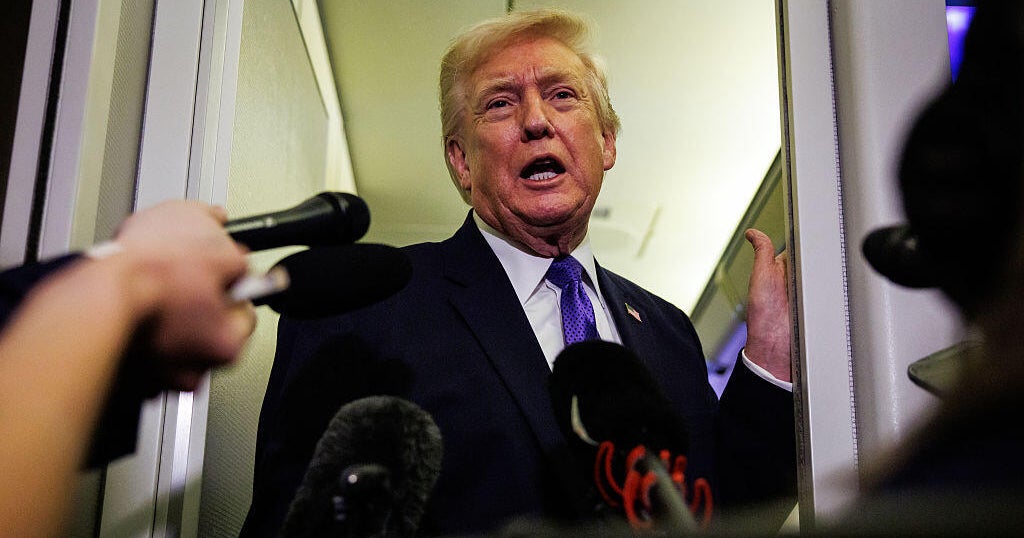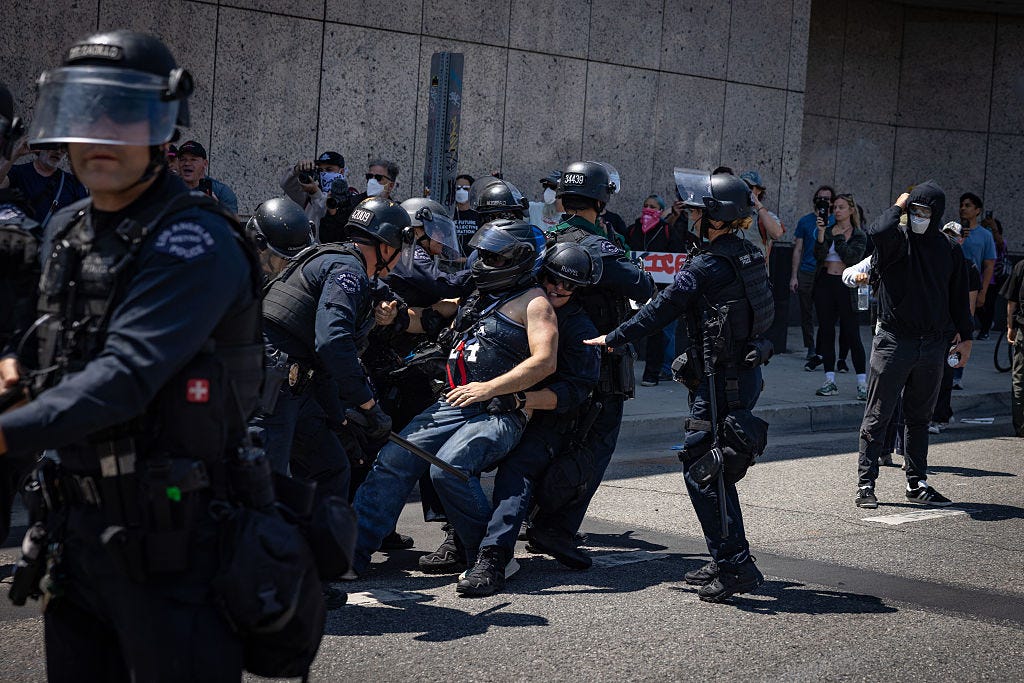Schiff says Trump "can't be trusted" to receive intel briefings when out of office
Washington — Congressman Adam Schiff, the chairman of the House Intelligence Committee, said Sunday he doesn't believe President Trump should receive intelligence briefings after he leaves office, as he "can't be trusted" with the nation's secrets.
"There is no circumstance in which this president should get another intelligence briefing — not now, not in the future," Schiff said in an interview with "Face the Nation." "I don't think he can be trusted with it now, and in the future he certainly can't be trusted."
Schiff's concerns about whether the president should continue to have access to intelligence come after Sue Gordon, the former principal deputy director of national intelligence from 2017 to 2019, said in a Washington Post op-ed that Mr. Trump should not receive intelligence briefings after January 20, as he poses a "potential national security risk" as a private citizen.
"[I]t is not clear that he understands the tradecraft to which he has been exposed, the reasons the knowledge he has acquired must be protected from disclosure, or the intentions and capabilities of adversaries and competitors who will use any means to advance their interests at the expense of ours," Gordon wrote.
Schiff noted that in the course of his presidency, Mr. Trump has politicized intelligence, which is "another risk to the country."
"Indeed, I think there were any number of intelligence partners of ours around the world who probably started withholding information from us because they didn't trust the president would safeguard that information, to protect their sources and methods," he said. "And that makes us less safe."
Mr. Trump is entering the final days of his presidency, with President-elect Joe Biden to be sworn in January 20. Threats of violence surrounding the inauguration have led to a near lockdown of Washington, D.C., and the Defense Department has authorized up to 25,000 National Guard members to deploy to the nation's capital.
The end of Mr. Trump's first and only term has been marked by the violent assault at the U.S. Capitol on January 6, which led the House to impeach Mr. Trump for a second time last week for "incitement of insurrection." The impeachment vote in the House, supported by 10 Republicans, was historic, as Mr. Trump is now the only president to be impeached twice.
The events at the Capitol, mounted by a pro-Trump mob in an effort to halt the counting of states' electoral votes and keep Congress from reaffirming Mr. Biden's win, prompted investigations into what federal law enforcement knew about the threats of violence beforehand and whether that information was shared.
Schiff, whose committee is among those examining the insurrection, said there was a "massive intelligence and security failure here." Among the areas of concern is whether foreign entities provided monetary support to the domestic organizations involved in the riots.
"We are going to try to follow the money. That's a critical part of any investigation," he said, adding it's a "vital part of our investigative plan and any investigation into a tragedy this substantial."
In addition to looking into what information law enforcement had in the run-up to the assault and whether there was foreign involvement, U.S. Capitol Police is investigating whether members of Congress led unauthorized tours of the Capitol that could have provided reconnaissance support to those who perpetrated the attack.
"It's deeply important that we find out and that if there are members of Congress that are complicit beyond the complicity of challenging the election and propagating the president's lies, but more specifically involved in helping individuals do reconnaissance," Schiff said. "They need to be held accountable in the strongest way that we can."



